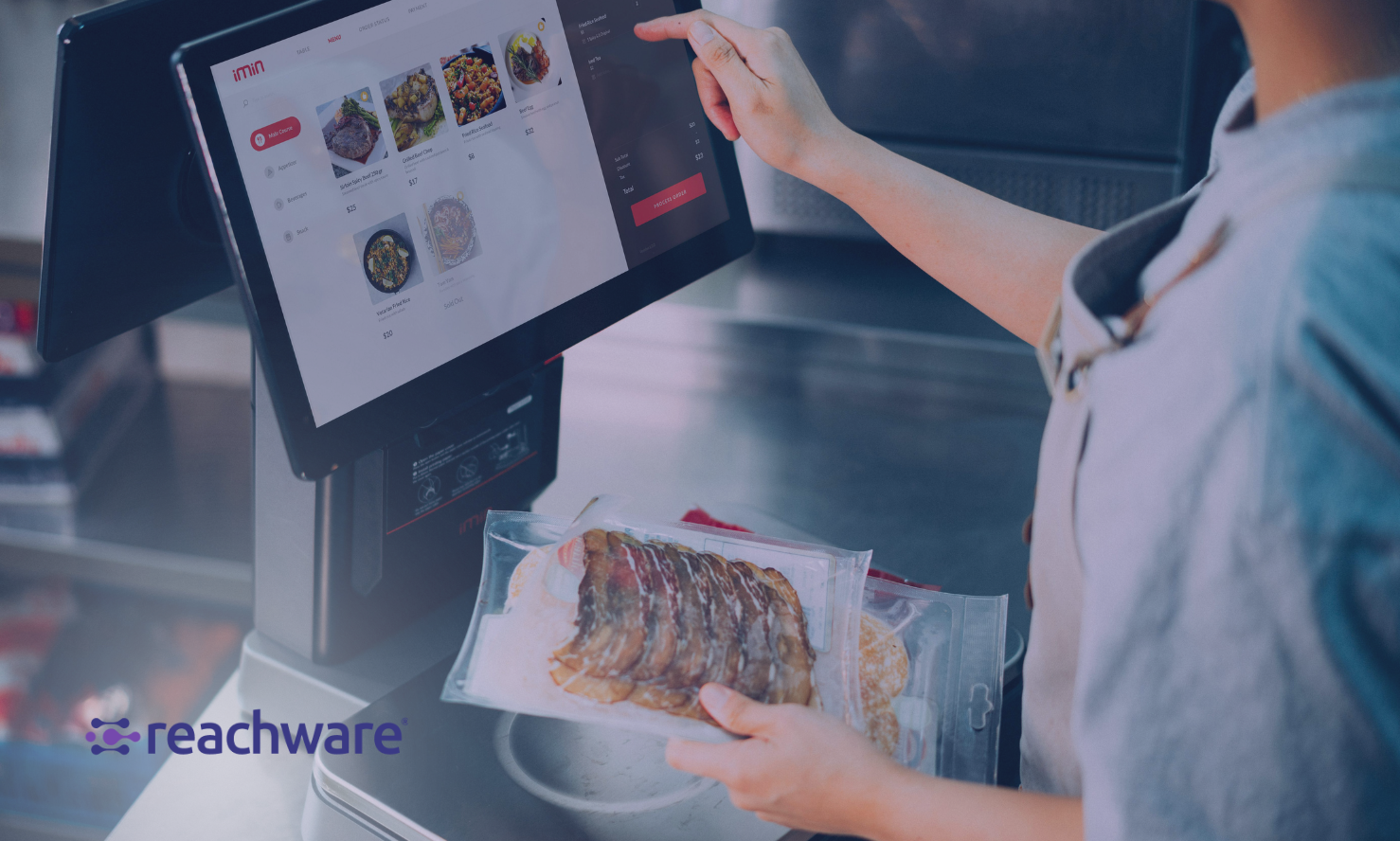How to Use Odoo API to Integrate Third-Party Software

Integrating third-party software with Odoo is easy, thanks to its powerful API, which provides secure access to Odoo models and all your data through XML-RPC and JSON-RPC APIs. It allows you to read, write, and manage records. You can access it with multiple programming languages. You can utilize it to connect many additional integration third-party software, such as a CRM, an eCommerce platform, a payment gateway, and more. You can automate tasks and send data in real-time. The API Integration feature is well documented for your use on cloud and on-premise editions. It provides a reliable integration when set up correctly. Odoo can integrate with other systems and read everything from a synced inventory step to updating your customer records. It brings intelligent business solutions through the API in innovative and easy ways.
What is API Integration for Third-Party Software?
API Integration for third-party software is linking two or more different applications together through an Application Programming Interface or a "set of rules" that allows software systems to communicate with each other. When you integrate third-party software via it, it will enable your system to send and receive data automatically. It provides a more efficient method to eliminate manual data entry, data input errors, and ensure real-time data updates. For example, connecting Odoo to a payment gateway or connecting Odoo to an eCommerce site allows both systems or applications to function together as an automated workflow. API Integration provides efficiency and can create a productive workflow.
Role of Odoo in API Integration with Third-Party Software
Odoo is key to API implementations since it is versatile and an open-source ERP designed to connect with third-party systems. It has substantial APIs (XML-RPC and JSON-RPC) that allow external applications to connect with modules (sales, stock, CRM, accounting, etc.) for automation, data sync, and feature development. Developers can use it to link their external application for smooth and secure data transfer. Connecting this software to an eCommerce site, a payment processor, or a logistics application can turn it into a single transaction flow hub for all your business systems.
Steps to Integrate Third-Party Software with Odoo API
1. Understand Odoo API Types
Odoo has two API types: XML-RPC and JSON-RPC. Both allow other software to connect to the database and function with that database. XML-RPC is considered to be the "older" technology, while JSON-RPC is slightly faster and is used in more modern apps. Either protocol can be used; if your technology supports one better, use that one. That said, knowing the protocols is essential when building a secure mechanism for integrating it with third-party systems.
2. Get Access Credentials
Before any integration work can begin, it is necessary to have valid credentials: Odoo URL, database name, login name, and login password. All credentials must be valid since they are required to authenticate the requests you want to make to the Odoo instance. Also, if you do not have valid access credentials, all your connection attempts will fail. The Admin can create users and manage roles as a way of controlling access to the underlying database. This information should be kept confidential, as it becomes the basis on which your connection to it builds trust.
3. Connect via the API
The recommended method is to use your favorite programming language (e.g., Python or JavaScript) to call the RPCs. First, authenticate (using your credentials), and then connect to the models you will call to read, write, and update. It provides official libraries you can use to help you get set up (Python has OdooRPC), and documentation to follow. Once connected, you can call any of the Odoo modules (e.g., res. partner, sale.order) required for your integration.
4. Use Odoo Models to Access Data
Odoo stores data in models (e.g., crm. lead for leads, product.template for products). Use the calls to perform actions on these models like search, read, create, write, and unlink. This allows your third-party software to sync, retrieve, or update data in real time. Understanding model structure is key to successful and accurate connectivity.
5. Manage Authentication and Sessions
The software utilizes session-based authentication. Upon successful authentication through it, you will be issued a session ID or user ID that must be sent with each store request to maintain secure and identifiable communication. Also, manage session expiration and have a process in place to re-authenticate your users if sessions expire. Beyond authentication, also consider how to secure sensitive data and follow best practices regarding the storage of tokens or credentials.
6. Evaluate the Integration
Evaluate your integration in a development environment. This involves validating several key aspects, including data transfers, field mapping, error handling, and ensuring the third-party application communicates correctly with your Odoo site. Doing so confirms that it was stable, reliable, and did not disrupt your existing workflows. Use logs and the response codes returned from the API to troubleshoot any issues you encounter along the way and to discover opportunities to improve upon your integration.
7. Monitor and Maintain Integration
Once you have deployed it, remember to monitor the performance of the API and the accuracy of the data. Determine if there has been a failure with requests or if the data appears to be out of date due to a failure to sync data. Note that you will have an obligation to consider how your scripts will change when they upgrade their version. Good monitoring and maintenance of an integration implementation minimizes downtime of systems that need to remain aligned over time. In addition, logging, alerts, and backups should be used to sustain the integration in a secure environment for the long haul.
Practical Examples from Saudi Industries
- Retail & eCommerce – Integration with Payment Gateway
- Manufacturing – Integration with the Warehouse Management System
- Healthcare – Integration with Electronic Medical Records Systems
- Logistics & Transportation – Integration with Fleet Management Solutions
- Hospitality – Integration with Booking and Property Management Systems
- Education – Integration with Learning Management Systems (LMS)
- Real Estate – Integration with CRM and Property Listing Platforms
Technical Support for Odoo API in Third-Party Integration
Reliable technical support is required for integrating 3rd Party software with Odoo, facilitated by an API that enables communication between the two. Technical support can vary and has been known to deal with troubleshooting authentication issues, data mapping errors, and module compatibility issues. It offers a range of web-based developer documentation, forums, and support plans. However, businesses often require local, on-the-ground support, as they prefer not to rely on a "hit and miss" approach or one that is based on different time zones. This is where Reachware comes in - offer professional support to your system in Saudi Arabia. The Reachware team will also support your implementation, build the custom workflows, and provide ongoing maintenance. As a result, businesses using our platform can minimize downtime, ensure efficient data flow between the software and external applications, and have confidence in the security of their "link" to third-party integrations, opening up possibilities for the future.
Integrate Smarter, Operate Better – With Reachware
Odoo API integration is something we can give you confidence in through Reachware. We can integrate it with your third-party software systems, whether that be CRM, eCommerce, accounting-related software, or payment gateways. We take care of everything from authentication and setup to automating workflows and syncing data. With our technical local business, you can rest easy knowing you have tailored options, with the added benefit of workflow efficiencies that eliminate unnecessary manual processes and ensure secure data flow across platforms. Whether you are a growing business or an enterprise-level business in KSA, Reachware will ensure your integrations are smooth, secure, and scalable, resulting in time savings and meaningful outcomes.
Ready to streamline your business operations with digital solutions in Saudi Arabia? Contact Reachware today for expert Odoo API integration solutions!
Frequently Asked Questions
What third-party software integrations will Odoo allow using the APIs?
Odoo enables integrations with CRM systems, eCommerce platforms, Payment Gateways, accounting tools, and other third-party applications via APIs.
Does Reachware provide custom integration solutions?
Yes. Reachware provides fully custom API integrations to suit your organization on your terms.
Will I have ongoing technical support during and after connecting?
Yes. We will provide technical support to help you successfully implement our recommendations for ongoing performance and facilitate easy updates in the future.
How secure is the Odoo API integration?
It provides secure authentication and access control. In addition, any work done by Reachware will be consistent with best practices to ensure that the development is safe, reliable, and functional.







